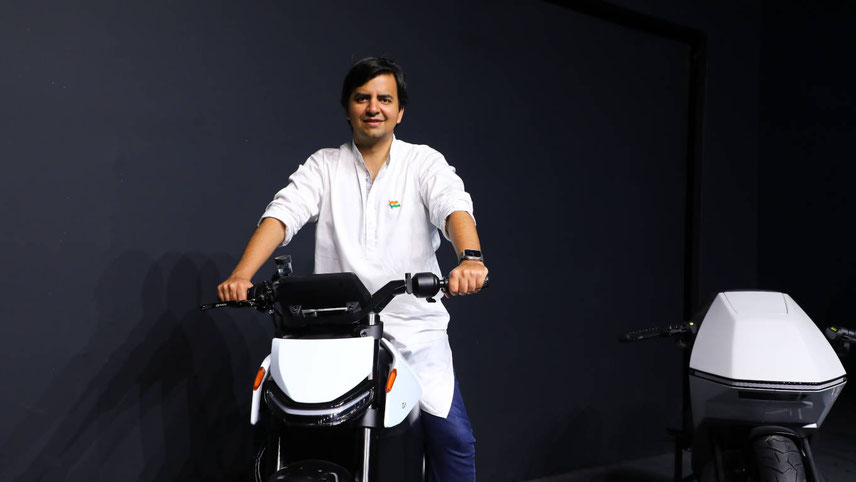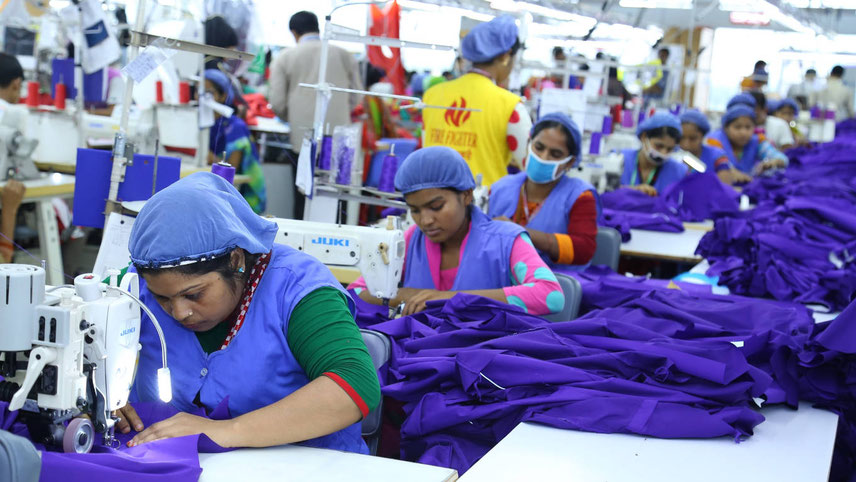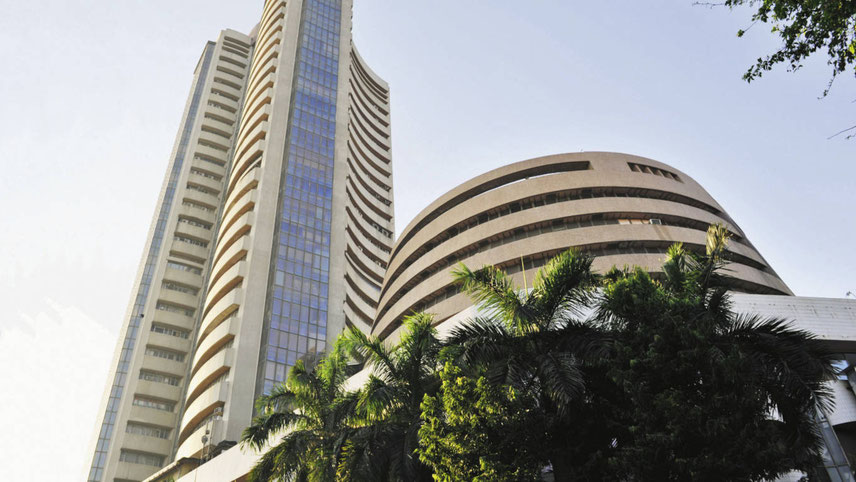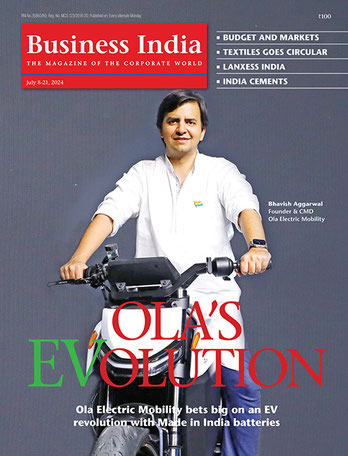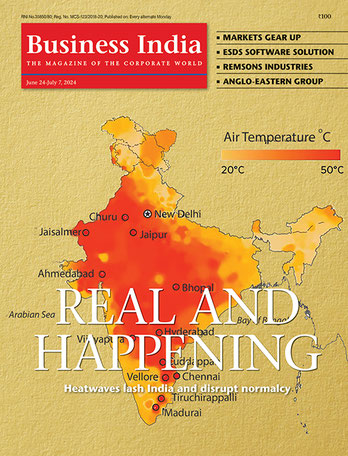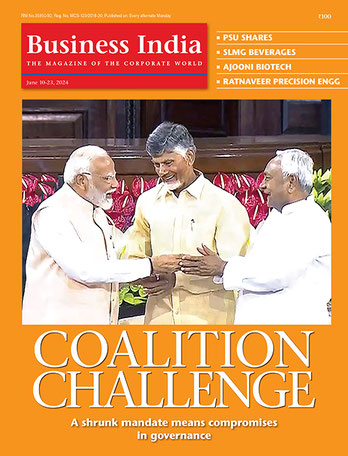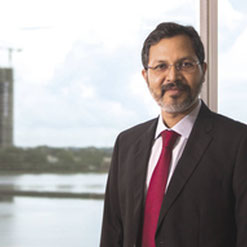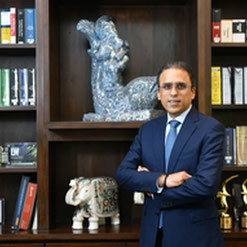Despite its uninterrupted history of providing primary and tertiary healthcare services, Ayurveda needs to overcome the challenges of Western medicine, feels M. Venkaiah Naidu, Vice-President, India. “Ayurveda needs to connect with technology and target new market segments by using non-traditional means for outreach and distribution,” Naidu remarked, while inaugurating the fourth edition of CII’s Global Ayurveda Summit held virtually recently. Organised in partnership with the Ayush ministry and with the support of the Ayurveda Medical Association of India (AMAI), Ayurvedic Medicine Manufacturers Organisation in India (AMMOI), Ayurveda Hospital Management Association (AHMA) and Ayurvedic Drugs Manufacturers Association (ADMA), had participants from more than 25 countries. Three overseas associations – the US National Ayurvedic Medical Association, Association of Swiss Ayurveda Doctors and Therapists and Association for Ayurvedic Medicine in the Netherlands – also supported the summit. C.K. Ranganathan, deputy chairman, CII (Southern Region) and CMD, CavinKare, Chennai, said Ayurvedic products worth more than $780 million are exported every year. This is expected to grow by 20 per cent annually until 2022. Thomas John Muthoot, chairman, CII’s Kerala State Council, and CMD, Muthoot Fincorp Ltd, said the global Ayurveda market is expected to be nearly $10 billion by 2022 and is growing at a compounded annual growth rate (CAGR) of 16.2 per cent. Kerala, which is the home of Ayurveda, has a Rs1,500-crore market. About 30 per cent of the state’s tourism revenue can also be attributed to Ayurveda, taking its total revenue contribution to some Rs10,000 crore, Muthoot added.
-

Herbal medication holds big potential













